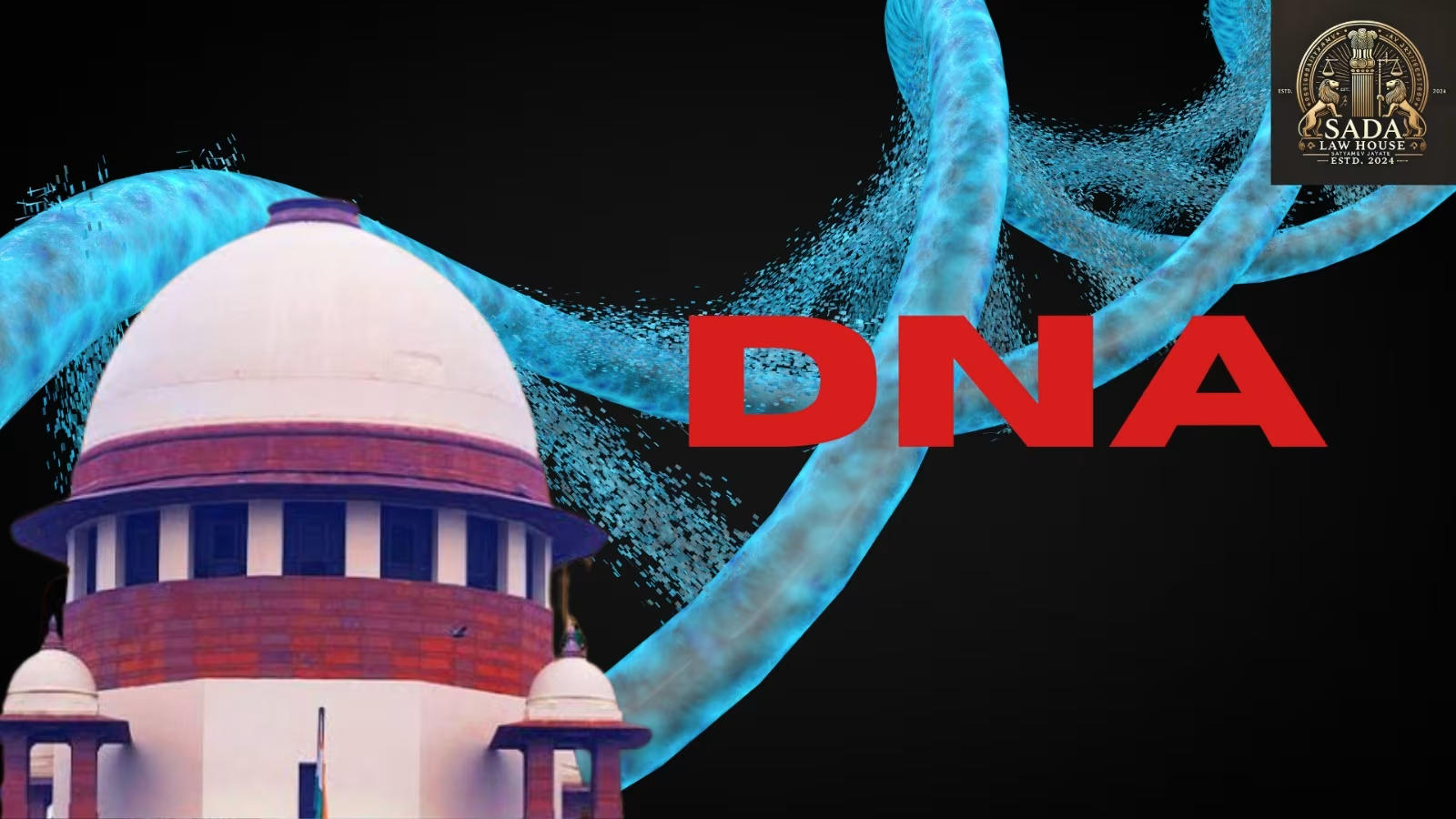Supreme Court Seeks Update on National DNA Data Bank Compliance — A Turning Point for Forensic Justice
- Kashish Jahan
- 29 JULY 2025

The Supreme Court has asked the Union Home Ministry for a progress report on implementing the National DNA Data Bank under the 2019 DNA Technology Act. This move could revolutionize forensic justice in India.
A Silent Frontier in India’s Criminal Justice Reform
On 26 July 2025, the Supreme Court of India directed the Union Ministry of Home Affairs and the Forensic Science Laboratory to provide a detailed status report on the implementation of the National DNA Data Bank, as mandated under the DNA Technology (Use and Application) Regulation Act, 2019.
A bench led by Justice S.S. Menon underscored the urgent need to decentralize DNA evidence usage. He stressed that forensic support should not be confined to major metropolitan cities but must serve all states and regions.
A System Cumbersome in Practice
The Public Interest Litigation (PIL) filed before the Court pointed out serious gaps:
Most states lack NABL-accredited forensic laboratories.
There is a severe shortage of trained personnel to handle DNA sample collection and analysis.
Inadequate funding and infrastructure have delayed justice in numerous criminal cases.
As a result, many lower courts face backlogs due to the unavailability of timely and credible forensic reports—leading to delayed verdicts and compromised investigations.
Bench Demands Accountability and Urgency
Justice Menon observed that without a functioning national DNA database, the DNA law remains ineffective. He warned that poor or delayed forensic analysis could undermine the constitutional right to a fair trial under Article 21 of the Indian Constitution.
Strict Reporting Timeline for the Government
The Bench has given the Union Home Ministry a strict deadline of four weeks to submit a comprehensive status report covering:
1. State-Wise Lab Assessment
Operational status of DNA labs
Availability of qualified forensic personnel
2. Accreditation Timeline
Timeline for accrediting labs in unserved or under-served states
3. Budget Utilisation Report
Detailed expenditure report on the funds disbursed under the 2019 Act
Status of fund allocation and usage by state governments
Towards a Forensic-First Criminal Justice System
Legal and forensic experts believe this directive from the apex court could revolutionize criminal case investigation in India. A well-functioning DNA data system is expected to:
Increase conviction accuracy
Reduce trial pendency
Ensure equal access to forensic justice across the country
As Justice Menon stated, “Science, not delay, should be the rule of law.”
Live Cases






